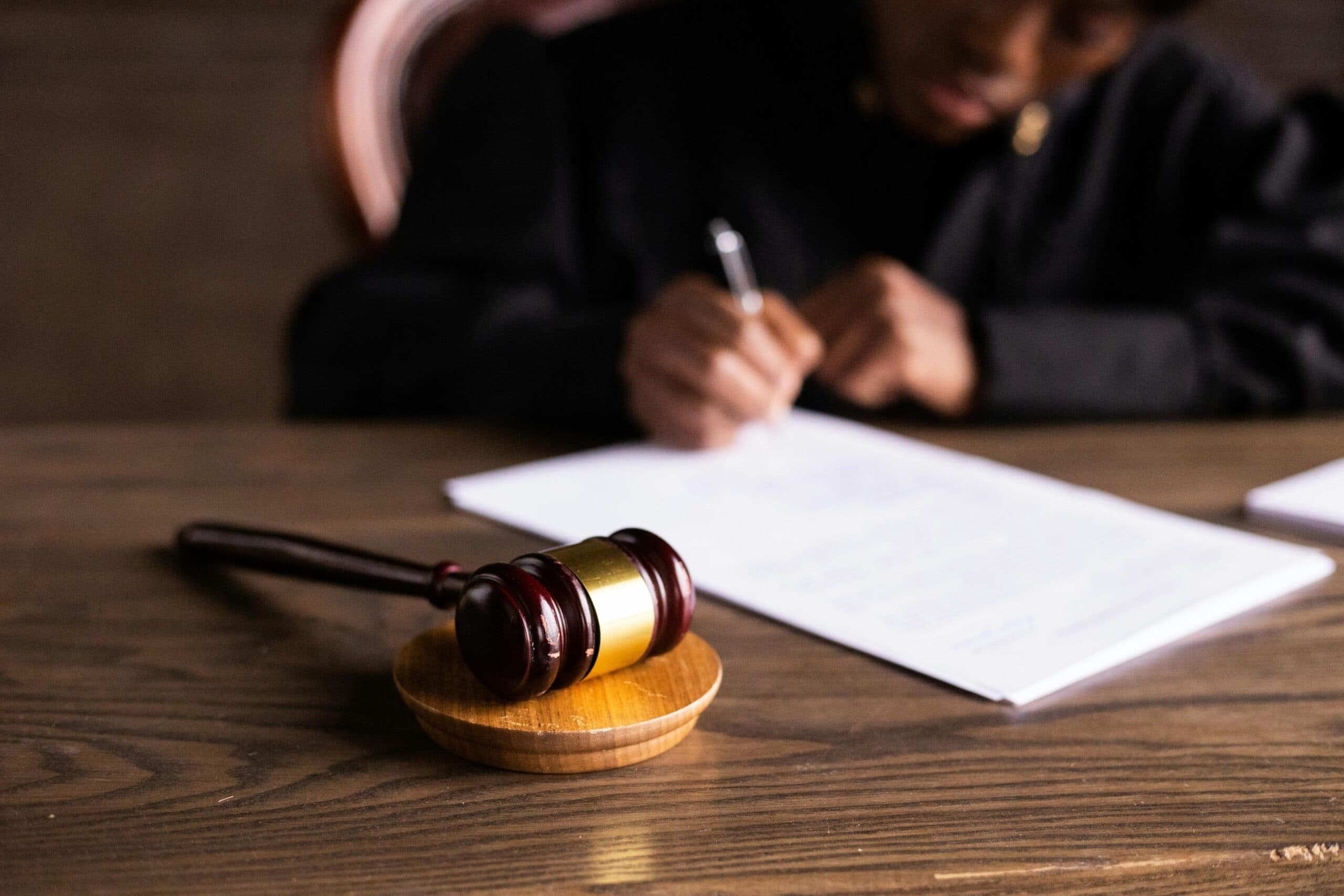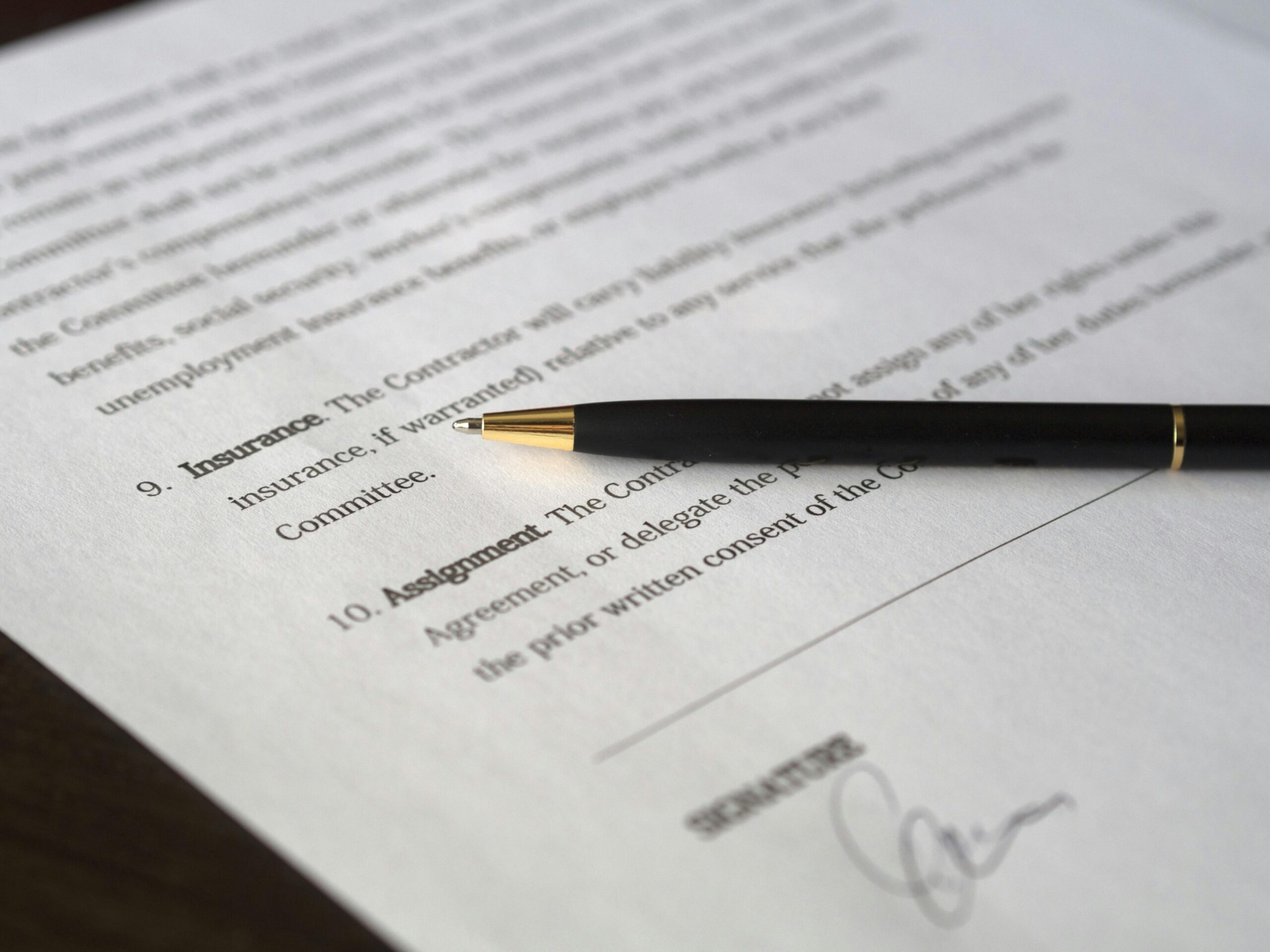
In recent years, Lyft assault lawsuits and Lyft misconduct lawsuits have surged, exposing serious safety concerns in the rideshare industry. Survivors of sexual assault, sexual misconduct, and physical assaults in rideshare vehicles are stepping forward to demand accountability from major companies like Lyft and Uber.
Understanding the legal process and the evidence you must provide is critical to succeeding in Lyft assault and misconduct lawsuits. It is a crucial step in pursuing a rideshare sexual assault lawsuit or an Uber sexual assault lawsuit.
This guide covers every essential element victims must prove — from establishing negligence, exposing safety violations, documenting prior misconduct, and showing how the assault occurred.
If you or a loved one was harmed, this roadmap will help you seek justice, recover fair compensation, and help protect passengers in the future.
Understanding Lyft Assault and Misconduct Lawsuits
Uber or Lyft are both popular rideshare services in the U.S. However, rideshare misconduct lawsuits involve a wide variety of criminal acts and abuses, including:
Lyft Sexual Assault Lawsuits Involving Forced Sexual Contact by Drivers
Lyft sexual assault lawsuits arise when passengers are victims of forced sexual contact by Lyft drivers. These claims typically involve allegations of unwanted touching, coercion, or rape during a rideshare trip.
Victims seek financial compensation for medical expenses, therapy costs, emotional distress, and lost wages. Such lawsuits argue Lyft failed to implement proper safety measures or conduct adequate driver background checks to protect passenger safety.
Lyft Abuse Lawsuits Involving Physical Attacks, Threats, or Harassment
Lyft abuse lawsuits focus on passengers who experience physical violence, verbal threats, or harassment from Lyft drivers. Victims may suffer physical injuries, emotional trauma, or post-traumatic stress disorder as a result.
These lawsuits allege Lyft’s negligence in hiring, supervising, or retaining dangerous drivers. Victims typically pursue damages for medical bills, therapy, pain and suffering, and loss of income resulting from driver misconduct and inadequate safety measures.
Rideshare Abuse Lawsuits Against Lyft and Similar Companies for Negligence
Rideshare abuse lawsuits are filed against companies like Lyft when they fail to protect passengers from dangerous drivers.
Victims claim negligence in hiring practices, background checks, and safety protocols. These lawsuits highlight how rideshare companies ignored critical warnings, leading to assaults, harassment, or abuse.
Plaintiffs seek compensation for physical injuries, emotional harm, medical expenses, and lost wages, aiming to hold rideshare companies accountable for failing to ensure safe rides.
Physical Harm Claims Resulting in Medical Bills and Therapy Costs
Physical harm claims arise when a Lyft passenger sustains injuries due to driver violence, reckless driving, or unsafe conditions. Victims often face medical treatments, surgeries, therapy, and significant financial burdens.
These claims demand compensation for current and future medical bills, therapy costs, emotional suffering, and any lost wages.
Proving Lyft’s failure to vet drivers properly or respond to prior safety concerns can strengthen a physical harm lawsuit significantly.
Sexual Misconduct and Sexual Abuse in Rideshare Settings
Sexual misconduct and sexual abuse in rideshare settings involve inappropriate behavior, harassment, assault, or rape committed by drivers against passengers.
These incidents can cause severe emotional trauma, PTSD, and physical injuries. Victims of sexual abuse lawsuits against Lyft seek justice and financial compensation for therapy, medical treatment, emotional distress, and future care needs.
Lawsuits emphasize Lyft’s responsibility to implement effective safety measures and protect passengers during every ride.
These cases often argue that rideshare companies like Lyft failed to implement adequate safety measures to protect passengers.
By ignoring prior warnings, failing to conduct background checks, and disregarding known safety concerns, Lyft exposes itself to liability.
Types of Incidents Giving Rise to Lawsuits
A Lyft lawsuit or an Uber sexual assault lawsuit can stem from various incidents that require legal assistance. Any acts with a sexual nature can be challenged in court, but they can include the following:
Sexual Assault and Sexual Misconduct
These involve cases where passengers were sexually assaulted or abused during a ride. Survivors often suffer emotional distress, post-traumatic stress disorder (PTSD), and physical injuries requiring long-term care.
Physical Assaults
Physical attacks by Lyft drivers, whether resulting in bruises, broken bones, or worse, form the basis for physical harm lawsuits.
Negligent Hiring and Inadequate Safety
Survivors can bring claims that Lyft failed to conduct proper background checks or ignored red flags, leading to attacks.
Organizations like the Rape, Abuse & Incest National Network (RAINN) fights against such incidents and helps victims pursue criminal charges under major allegation against liable parties.
What You Need to Prove in a Lyft Assault or Misconduct Lawsuit
Proving Lyft’s Negligence
You must show that Lyft breached its duty to provide safe transportation. This means demonstrating failures such as:
- Hiring drivers with criminal histories
- Ignoring prior customer complaints
- Failing to implement adequate safety measures
- Neglecting to address rideshare sexual assault cases
Example: If a driver had a history of sexual harassment complaints and Lyft did not suspend or investigate them, this failure strengthens your case.
Evidence of Prior Misconduct
Victims must uncover critical evidence during the discovery phase that shows prior warnings, lawsuits, or criminal activity involving the driver.
Court cases in the Northern District have emphasized how past driver misconduct strengthens claims for vicarious liability and negligent hiring.
Demonstrating Inadequate Safety Measures
You need to show Lyft failed to implement safety measures like:
- Emergency help buttons in apps
- Real-time monitoring of rides
- Strict driver screening and follow-ups
Courts often examine if companies took reasonable steps to ensure passenger safety.
Proof the Assault Occurred
Essential evidence includes:
- Police report immediately after the incident
- Hospital visits and medical treatment records
- Results of a rape kit collection
- Witness statements and digital evidence (texts, app data)
Immediate action and thorough documentation are critical.

What Compensation Can You Recover?
Successful victims of Lyft misconduct lawsuits and rideshare abuse lawsuits may recover:
Medical Expenses
Covers current hospital bills and future medical expenses related to therapy, surgeries, or treatments.
Therapy Costs and Emotional Support
Pays for trauma counseling and mental health therapy needed to recover from sexual abuse or physical harm.
Lost Wages and Financial Support
If trauma or injuries prevent you from working, you can seek recovery for lost income and diminished earning potential.
Pain and Suffering
You may recover damages for long-term emotional distress, humiliation, anxiety, PTSD, and loss of quality of life.
The Legal Process in Lyft Assault and Misconduct Lawsuits
Step 1: Free Consultation
Start by contacting a rideshare accident attorney for a free case evaluation. Firms like Bourassa Law Group offer compassionate, confidential consultations.
Step 2: Filing Legal Paperwork
Your attorney will file a civil lawsuit outlining negligence, vicarious liability, and seeking damages.
Step 3: Discovery Phase
Both sides exchange information. Victims’ attorneys gather critical evidence such as driver employment records, prior reports, and Lyft’s safety policies.
Step 4: Negotiation or Trial
Cases may settle through a Lyft settlement if fair compensation is offered, or proceed to trial to seek justice.
Key Legal Theories in Rideshare Assault Cases
Vicarious Liability
Even though drivers are independent contractors, Lyft may still be liable under vicarious liability if they acted negligently in managing or hiring them.
Negligent Hiring and Supervision
Lyft can be directly liable for negligent hiring if it failed to screen, monitor, or discipline dangerous drivers.
General Duty of Care
As a common carrier, Lyft owes passengers the highest duty of care to ensure passenger safety.
Legal Protections and Applicable Laws
State Tort Laws:
Cover negligence, assault, battery, and emotional distress.
Consumer Protection Laws:
Penalize deceptive practices related to rideshare safety
Federal Civil Rights Laws:
In rare cases, federal anti-discrimination laws apply. Victims often pursue civil lawsuits alongside criminal charges when appropriate.
Challenges in Pursuing a Lyft Assault Lawsuit
Survivors face major challenges such as:
- Delays in obtaining critical police reports
- Emotional trauma, navigating the legal process
- Resistance from rideshare companies during discovery
Having aggressive legal representation ensures your voice is heard.
Why Taking Legal Action Matters
Filing a rideshare lawsuit not only secures financial compensation but forces companies like Lyft to:
- Implement better safety measures
- Conduct more rigorous background checks
- Prioritize passenger safety over profits
Your bravery could protect countless others from suffering similar fates.
Contact Bourassa Law Group Today
If you or a loved one has been impacted by sexual assault, sexual abuse, or physical harm in a Lyft vehicle, the Bourassa Law Group’s experienced rideshare lawyers are here to fight for you.
- Get a free consultation and free case evaluation
- Explore your legal rights and legal options
- Recover compensation for medical bills, therapy costs, pain and suffering, and more
- Hold negligent parties and responsible parties fully accountable
- Seek justice, healing, and fair compensation
At Bourassa Law Group, we are dedicated to empowering survivors, providing empathetic, skilled representation, and demanding the industry-wide changes necessary to truly protect passengers.
Schedule your free consultation today and take the first step toward recovery and justice.





